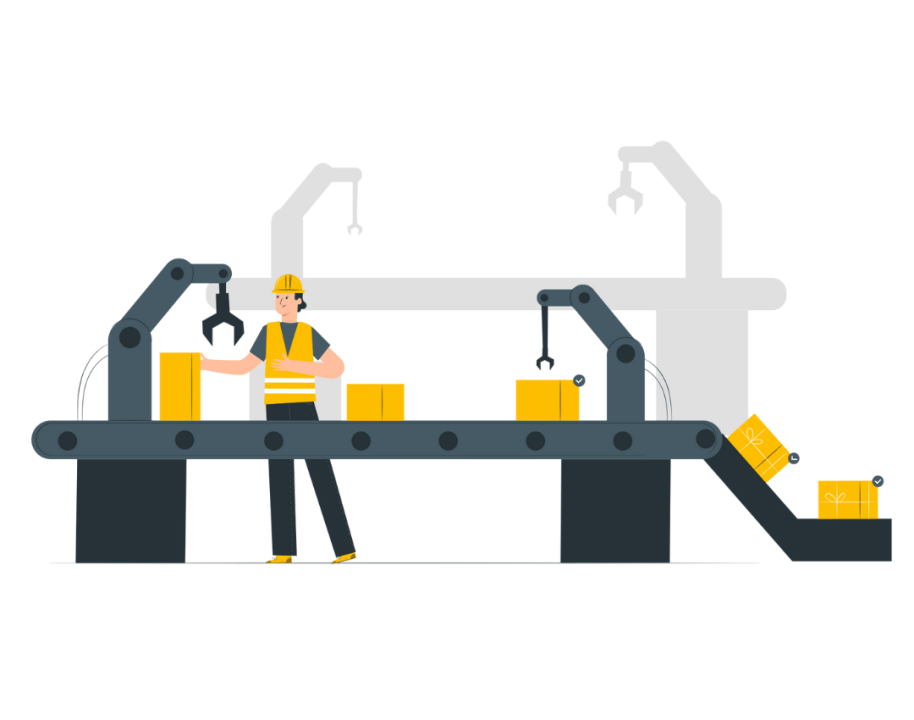In the realm of modern manufacturing, the synergy between metal molds for plastic injection molding has revolutionized the production landscape. Metal molds for plastic, often referred to as custom molds, play a pivotal role in shaping a wide array of plastic products that permeate our daily lives. From intricate components in automotive engineering to consumer goods and medical devices, these molds are the backbone of precision manufacturing processes. Let’s delve into the intricacies of metal molds for plastic and explore their significance in contemporary manufacturing.
The Role of Metal Molds in Plastic Injection Molding
Plastic injection molding is a versatile manufacturing process that involves injecting molten plastic material into a mold cavity, where it cools and solidifies to form the desired shape. The quality and precision of the final plastic product largely depend on the design and construction of the mold used in the injection molding process. Metal molds, typically made of steel or aluminum alloys, are favored for their durability, accuracy, and ability to withstand high temperatures and pressures.
Custom Molds: Tailored Precision for Diverse Applications
Precision Engineering
Custom molds are meticulously engineered to meet the specific requirements of each plastic component. Manufacturers collaborate closely with clients to understand their unique design specifications, material preferences, and production volume expectations. This collaboration ensures that the molds are optimized for efficiency, durability, and repeatability.
Versatility in Design
One of the primary advantages of custom molds is their versatility in design. Whether it’s intricate geometries, undercuts, or complex surface finishes, custom molds can accommodate a wide range of design complexities. Advanced CAD/CAM technologies enable manufacturers to translate design concepts into precise tooling solutions, pushing the boundaries of what’s achievable in plastic component manufacturing.
Rapid Prototyping and Iterative Design
Custom molds facilitate rapid prototyping and iterative design cycles, allowing manufacturers to quickly iterate and refine product designs before full-scale production. This agility is invaluable in industries where time-to-market is critical, such as consumer electronics and automotive manufacturing.
Key Considerations in Custom Mold Manufacturing
Material Selection
The choice of mold material depends on various factors, including the type of plastic resin being used, production volume, and budget constraints. High-quality steel alloys offer superior durability and longevity, making them ideal for high-volume production runs. Aluminum molds, on the other hand, are favored for their faster machining times and lower upfront costs, making them suitable for prototyping and low to medium-volume production.
Cooling System Design
Efficient cooling is essential for maintaining uniform temperature distribution within the mold cavity, ensuring proper part solidification and minimizing cycle times. Custom molds incorporate advanced cooling channel designs, such as conformal cooling, which optimize heat transfer and reduce cycle times, ultimately enhancing productivity and lowering production costs.
Surface Treatment and Finishing
Surface treatment plays a crucial role in mold longevity and part quality. Custom molds undergo various surface treatments, such as polishing, texturing, and coating, to achieve the desired surface finish and release properties. These treatments not only enhance the aesthetic appeal of the final product but also facilitate easy demolding and reduce the risk of defects.
Future Outlook: Advancements in Custom Mold Technology
As manufacturing technologies continue to evolve, the future of custom mold manufacturing looks promising. Advancements in additive manufacturing (3D printing) are expanding the realm of possibilities in mold design and fabrication, enabling rapid prototyping of complex mold geometries with unprecedented speed and precision. Additionally, advancements in simulation software and predictive modeling are enhancing the design optimization process, allowing manufacturers to simulate mold filling, cooling, and part ejection with greater accuracy and efficiency.
Conclusion
Metal molds for plastic represent the epitome of precision manufacturing, enabling the mass production of complex plastic components with unparalleled accuracy and efficiency. As the demand for customized plastic products continues to grow across industries, the role of custom molds will only become more pronounced. By leveraging advanced design, engineering, and manufacturing techniques, manufacturers can unlock new possibilities in product innovation and differentiation, driving the next wave of industrial evolution.





